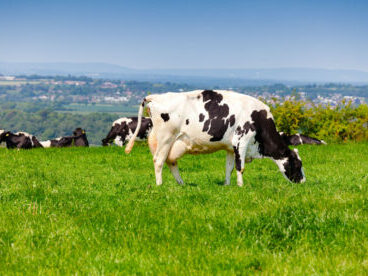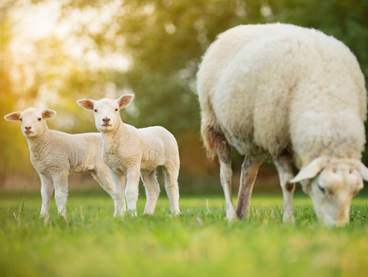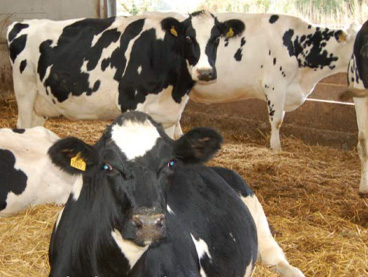This winter many dairy farmers are faced with poor quality, variable silage. UFAC’s David Turnbull considers the options for making best use of it.
Feed smarter to make most of silage
This winter many dairy farmers are faced with poor quality, variable silage. UFAC’s David Turnbull considers the options for making best use of it.
There is a considerable variation in silage this year. We are seeing crops with higher acid loading, giving an increased risk of acidosis. Others have high Dry Matter and NDF which can reduce DMI and hence total energy supply. Furthermore, cows will require more energy anyway to metabolise the supply of excess rumen degradable protein. In short, cows may well be energy deficient.
The biggest challenge facing dairy farmers this winter will be choosing the most cost-effective supplements to maximise forage utilisation and maintain good rumen health. This will require careful choice of concentrates and supplements to ensure there is enough NDF in the diet. The options available are quite limited. In an attempt to increase DMI and ensure sufficient effective fibre to support adequate
rumination, farmers may be tempted to offer larger quantities of dry forages such as straw but these are prone to sorting and are low in energy. With lower cereal prices this year it may be tempting to feed more to boost energy levels. However, this puts the cow at even greater risk of sub-acute rumen acidosis (SARA).
Maximise DMI
Feeding a fat supplement can increase energy intakes without compromising rumen health, and prices remain attractive, but it is important to choose carefully. An appropriate fat supplement for wet silage feeding conditions will be rumen-inert to minimise the risk of SARA, and not reduce overall DMI.
It must be highly digestible in the lower gut. This limits the choice. Calcium soaps reduce diet palatability and DMI.
Under low pH conditions typical when feeding wet silage, calcium soaps breakdown in the rumen releasing fatty acids that are toxic to fibre digesting rumen microbes. Hydrogenated fats including the C16 range of products have a high melting point, above 50°C, which makes them less soluble in the rumen and less digestible in the lower gut.
Proven on farm
One proven option is Dynalac, a high ME (27 MJ/kg DM) dry fat supplement made from vegetable and marine oils which is highly digestible and specifically designed to balance wet silage-based dairy rations. It passes rapidly through the rumen into the lower gut minimising exposure to rumen fermentation. Further down the digestive tract, the fatty acids are readily digested and absorbed.
Unlike other sources of fat, Dynalac supplies a unique blend of essential fatty acids with multiple metabolic functions. The inclusion of omega-3 fatty acids makes it particularly suitable for enhancing embryo survival and improving fertility. Choosing the right fat supplement can help increase total energy intakes while maintaining rumen health and margins.


 Back to News
Back to News 



